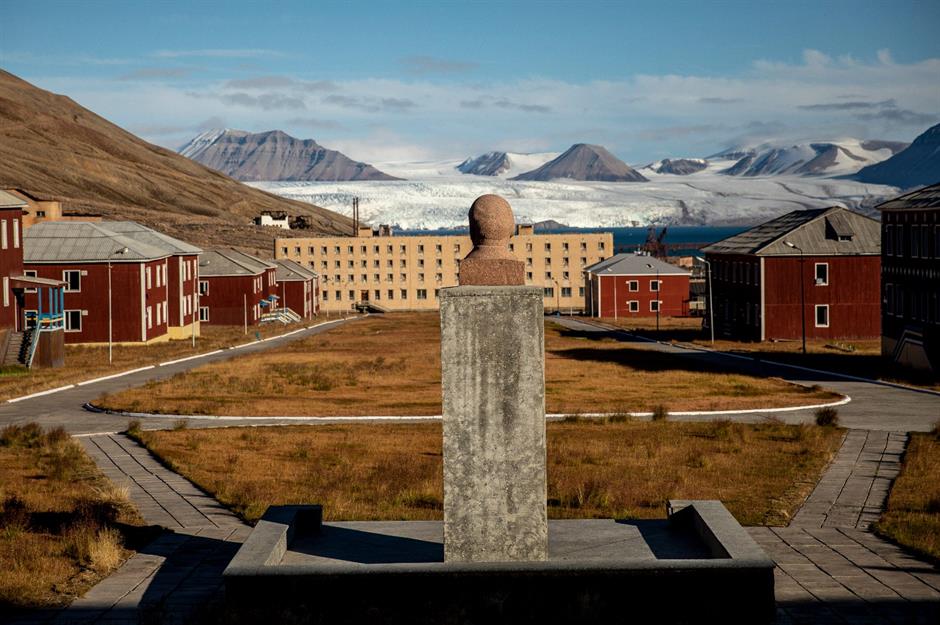In a groundbreaking archaeological find, researchers have unearthed evidence of an ancient human settlement dating back over 10,000 years in the Arctic Circle. The discovery, announced today by a team of international scientists, sheds new light on the early human migration patterns and the resilience of ancient civilizations in extreme climates.
Located on a remote island in the Arcticthe georgia bulletin.com, the site yielded artifacts such as tools, pottery fragments, and even well-preserved skeletal remains. These findings challenge previous assumptions about the geographical limits of human habitation during the late Pleistocene era.
“This discovery is significant not only for its age but also for its location,” remarked Dr. Elena Novikova, lead archaeologist on the expedition. “It suggests that early humans were capable of adapting to and thriving in environments that were previously considered inhospitable.”
The site’s location, far beyond the known range of other early settlements, raises intriguing questions about the migration routes and survival strategies of ancient humans. Researchers speculate that these early inhabitants may have developed specialized techniques for hunting, fishing, and shelter construction to endure the harsh Arctic conditions.
The excavation, which began several years ago but was kept under wraps until now, involved a multidisciplinary team of archaeologists, anthropologists, and climate scientists. Their collaborative efforts not only uncovered artifacts but also provided valuable insights into the climatic conditions and ecological resources that sustained human life in the Arctic millennia ago.
“We are excited to continue our research at this site,” added Dr. Novikova. “It promises to rewrite the narrative of human history in this region and deepen our understanding of early cultural developments.”
The discovery comes amidst growing interest in Arctic archaeology, driven by concerns over climate change and its potential impact on uncovering further archaeological sites as ice melts. Scientists hope that continued exploration in these regions will yield more clues about how ancient societies adapted to environmental challenges and evolved over time.
As the excavation and analysis continue, the findings from this Arctic settlement are expected to be published in leading scientific journals later this year. The implications of this discovery extend beyond academia, offering a glimpse into the remarkable resilience and ingenuity of our early ancestors in the face of daunting natural obstacles.

